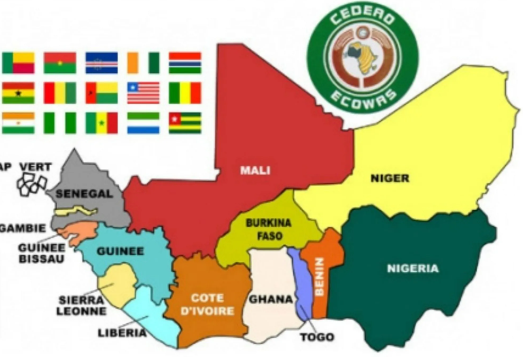CURRENT AFFAIRS UNIT, RADIO KWARA, ILORIN
PROGRAMME: NEWS COMMENTARY
DATE OF BROADCAST: 10/5/90 AT 1810 HOURS
WRITER: LANRE KAWU
The Malian capita, Bamako, has been hosting an extraordinary meeting of the 13-nation Economic Community of West African States (ECOWAS). The meeting was called to discuss the deep split which has occurred within the organisation, over the Liberian civil war.
What was unique about the Bamako gathering, was that it brought together all the 13 heads of the region. This was in sharp contrast to the failure, which attended the attempt to hold a similar meeting in Yamoussoukro, Ivory Coast. Many countries, especially those contributing troops to ECOMOG peace keeping force, did not attend. At Bamako, Charles Taylor, the leader of the rebel NPFL, also appeared at an ECOWAS forum for the first time. He had always insisted that he would only attend meetings in “neutral”: countries such as Senegal or Mali.
The Malian capital became a scene of intensive consultations and horse-trading, to ensure that Charles Taylor joined other factions in signing the Peace Treaty, while also ensuring that the cracks within ECOWAS itself did not widen. One of the major problems within ECOWAS has been the long-standing suspicion of the French-speaking States, of the perceived intentions of the English-speaking nations, translated as a search for hegemony, in the region.
In its concrete manifestation, it has been the latent rivalry between Cote D’Ivoire and Nigeria, for economic clout within the subregion. While being the most successful of the French-speaking countries Cote D’Ivoire could never muster the huge advantages at the disposal of Nigeria. At the geopolitical level, Nigeria’s consistent anti-apartheid stance has often been given the shorts shrift by Abidjan’s open fraternisation with the apartheid regime in South Africa. This was further underscored by the recent visit to Cote D’Ivoire of President F.W. De Klerk of South Africa.
The eleven-month old civil war, in Liberia, with its bestial record of mass killings, ethnic hatred and the like, therefore presented a dilemma to the subregional organisation. It is a testimony to the depth of feeling on the different sides of the divide, that various countries lined up to support either the insurgency, or to prop up the regime of President Samuel Doe. When eventually the ECOMOG Peace Keeping Forces were introduced, to separate the warring factions, then a new chapter was opened in the history of the West African subregion.
This week’s Summit of the ECOWAS nations has given the lie to the fears nursed in certain quarters, of an inevitable split between the two language groups, English and French. While the Bamako Summit also opened up the possibilities of ending hostilities, even if the question of the interim administration already in place in Monrovia, was still being disputed by Charles Taylor and his faction.
All-in-all therefore, it is our belief that the 13-member organisation, might come out of Bamako stronger than before. This strength is essential, if the economic destiny of the subregion, which is the original raison d’etre of the organisation, can properly be mastered in the interest of the people of West Africa. It should be clear to our leaders, that the people’s main desire is to turn the decade of the 1990s into one which will aid the flowering of economic development, within the ambits of a democratic culture.


